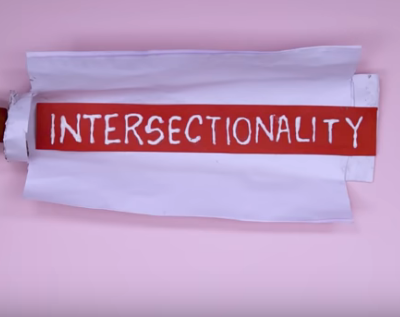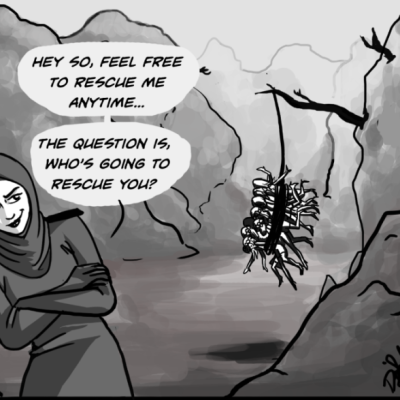Feminism
Tales delicately yet powerfully draws out the conflict between sex workers and feminism in India,at a time when a lot of feminists thought of prostitution through a SWERF lens[1].
As we move into a new year and a new decade we hope to be moving towards a more just and peaceful world, especially given the troubled times that people all over the world have been and are currently experiencing. And so, in this new year, we wish you lots of SISA spaces through 2020 and beyond!
How we treat each other in our daily lives informs our feminist praxis. How we fail each other in our daily lives through the use of unkind language, dismissal of mental illnesses, making fun of one’s own choices, disrespecting personal boundaries (and so on), also counter our feminist praxis.
In a time when reason is more valued than emotion, unravelling and understanding the politics of self-care becomes all the more fundamental for us, and the movements we seek to develop and build. When our bodies, our emotions and our needs become weapons to be used against us, acts of defiance become rooted in thinking about your self and how we practice it.
If feminism is about fighting for equality, then how can we ensure that our feminism is truly inclusive and equal? Does it feature only a certain kind of voice or experience, and not take into account the multiple axes of oppression that another group of people may face?
The use of terms that convert the movement for women’s empowerment into extreme militancy in order to reject the movement altogether is indeed a sombre example of diverting attention from the real problems that exist in society and projecting women’s protests against sexual crimes or standing up for their rights as one of “mob lynchings” or wrongly adducing the news of repealing “Adultery” as a move that allows women to have sexual relations outside of marriage.
I was focused on becoming the ‘perfect’ feminist, based on the stipulations of mainstream feminism. The result: a deeply narrow conception of feminism,and it would take years to unlearn the ‘black-and-white’ mentality and embrace intersectionality.
Deena Mohamed, Egyptian artist, illustrator and designer, speaks to us about her art and her perspective on politics, patriarchy, feminism, and gender and sexuality.
In fact, once when I referred to Sheriff Callie (a cartoon character) as a man, I was sternly told she is a woman. Doc McStuffins, another of their favourite cartoon characters, is a smart girl who can fix anything. She inspires my nieces to think boldly.
Comicbooks sell us the fantasy of larger-than-life superheroes, the victory of good over evil, the promise of fighting for a better, inclusive world. But alas, when it comes to the characters themselves, this very inclusivity is often nowhere to be found.
“I realised plus-size acceptance is neither a movement to eat whatever you want nor is it about placing restrictions,” Amina said. “It’s about being kind to your body and realising you are not defined by the size of your waist.”
I have been the overprotective patriarch and now it is time for me to find solidarity with my sister who will go through myriad experiences. I need to be there to support her while at the same time make her question her decisions rather than being a judgmental feminist.
“Historically, feminism and fashion have been pitted against one another,” writes Manjima Bhattacharjya in her book, Mannequin. It’s a dilemma the fashion industry has struggled with for decades – being perceived as flippant, or existing in a vacuum”
Any desire, not necessarily or narrowly sexual, but perhaps related to sexuality, such as independence, equality, gender role-bending, controlling your own finances, eating the food you’d like to eat as opposed to the food your spouse desires, wearing the clothes you’d like to wear, birth control, choosing to have or not to have children … any of these desires would have only that importance that the individual concerned is able to apportion to it.
My hair smells like jasmine / From the wedding I went to last night / When I tethered my untameable hair with flowers,















